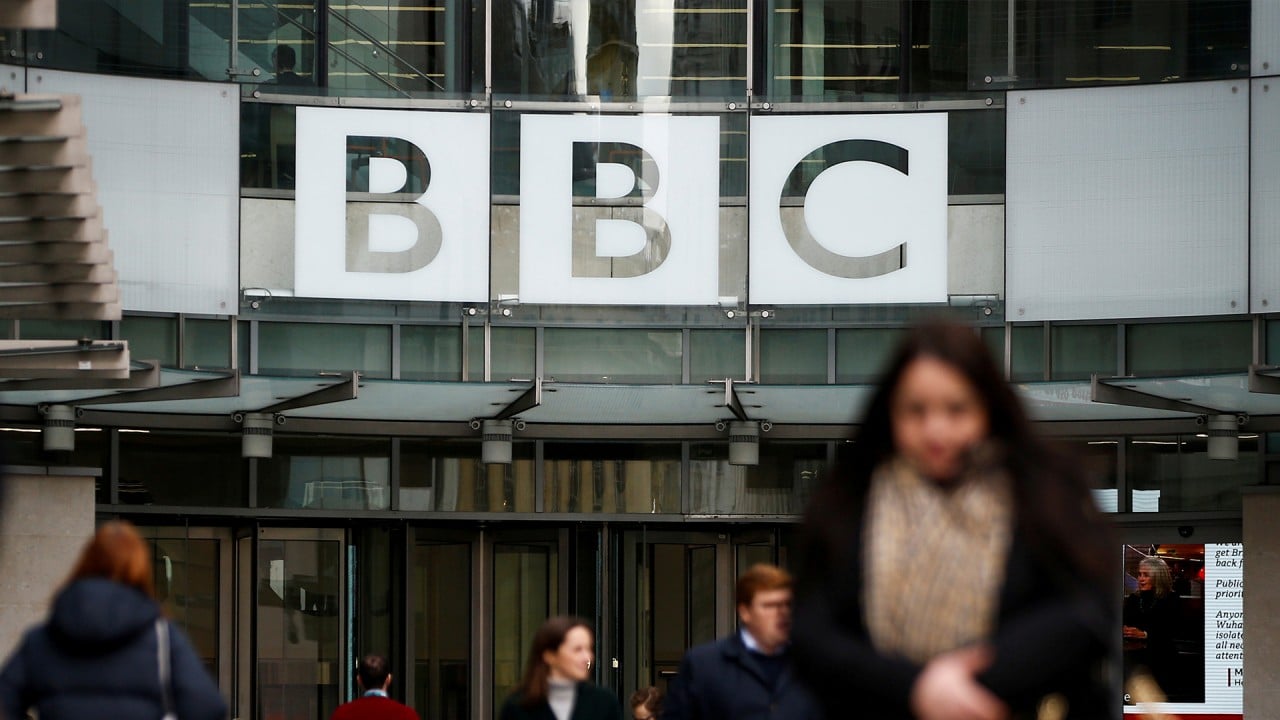Advertisement
Opinion | Why Britain’s Indo-Pacific ‘tilt’ has China squarely in its sights
- While the UK has not announced an official Indo-Pacific strategy, a series of recent military and economic policy decisions suggests a shift has begun
- Driven to diversify trade partners after Brexit, Britain wants to enhance its relationships in Asia to expand market access and increase its regional footprint
Reading Time:3 minutes
Why you can trust SCMP
7

In Miguel de Cervantes’ novel Don Quixote, the eponymous hero mistakes windmills for giants and charges at them, lance at the ready. Thus the phrase “tilting at windmills” came to signify engaging or attacking imaginary enemies.
Advertisement
Four centuries later and the UK is now engaged in what has become known as a “tilt” to the Indo-Pacific. With China firmly in its sights, London is preparing to charge. The difference now is that China is more of an actual giant than a windmill.
The UK has not yet announced an official strategy for its Indo-Pacific policy, despite countries such as Germany and the Netherlands doing so in recent months. Nevertheless, the commentariat is already labelling a shift in foreign policy as a tilt to the Indo-Pacific, and an “integrated review” to be released in March that will define the UK’s role in the world will, according to Foreign Secretary Dominic Raab, have the Indo-Pacific as a core focus.
In fact, the tilt has already begun. The release of the review is being prefaced by a spate of recent policies with a distinctly Asian focus announced by London.
In February, Australian media reported that the nation will join the navies of the United States, Japan and the Netherlands in contributing forces to the inaugural deployment of HMS Queen Elizabeth, the UK’s new aircraft carrier, to the South China Sea.

02:25
China bans BBC World News over Xinjiang report and after China state broadcaster loses UK licence
China bans BBC World News over Xinjiang report and after China state broadcaster loses UK licence
In late January, Britain officially applied for membership of the Comprehensive and Progressive Agreement for Trans-Pacific Partnership (CPTPP), a trade deal that succeeded the US-led Trans-Pacific Partnership from which the Trump administration withdrew.

Advertisement
